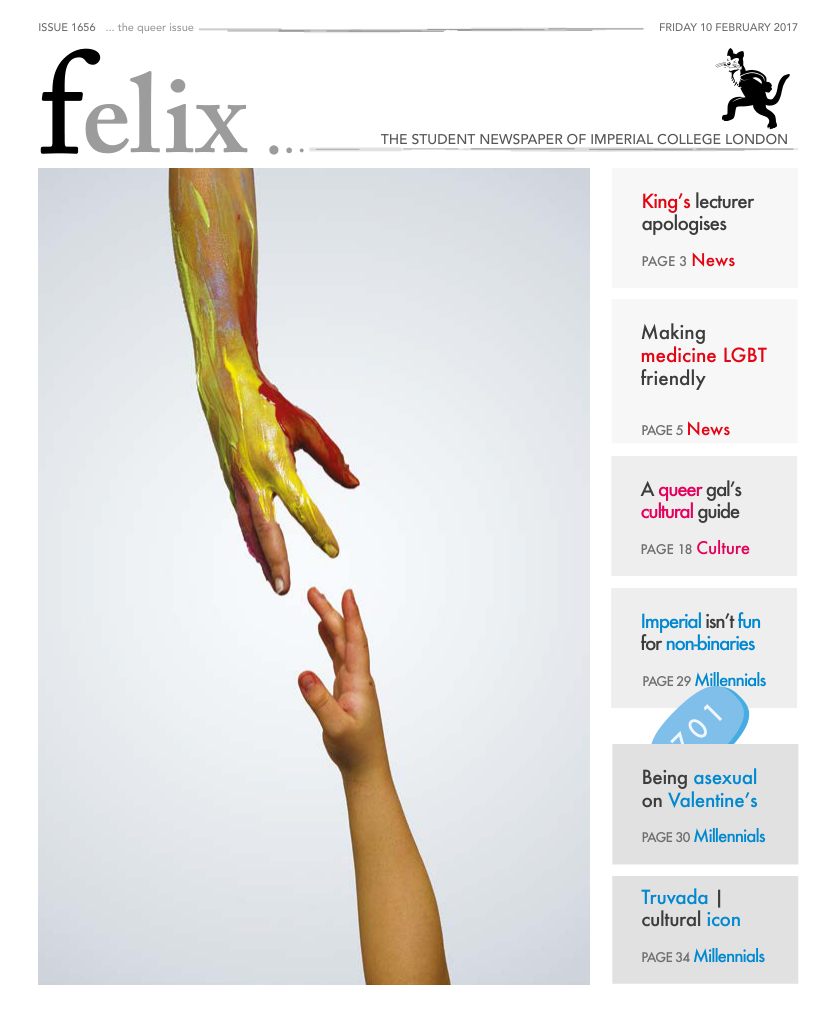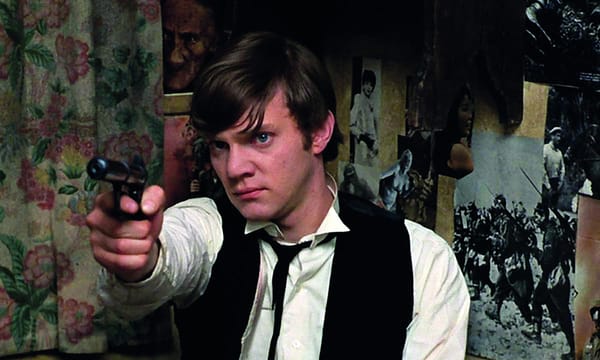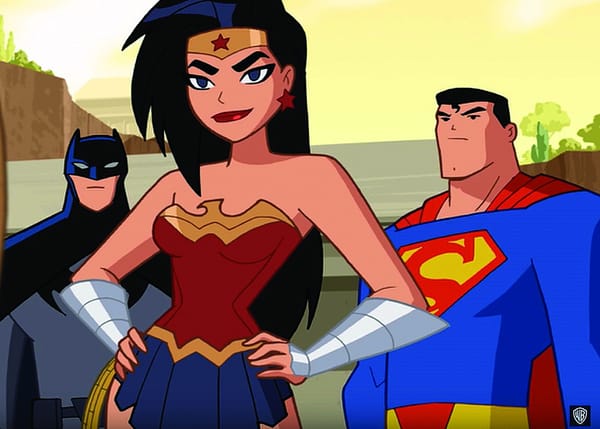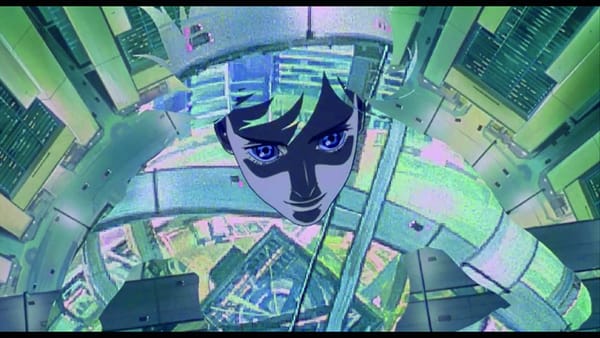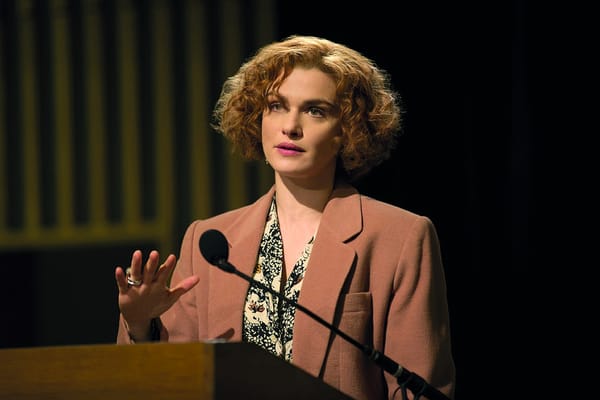TONI ERDMANN
Sight&Sound’s Best Film of 2016, Toni Erdmann follows the attempts of a father attempting to reconnect with his estranged daugher, with a perfect mixture of hilarity and sincerity
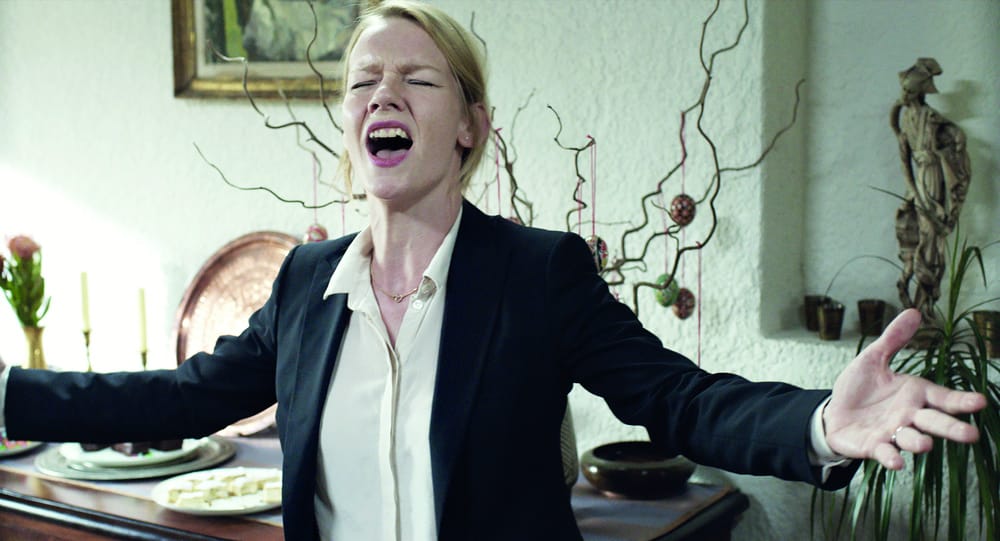
Toni Erdmann, a German-Austrian film by Maren Ade has seen no end to the praise received from critics worldwide since it’s screenings along the festival circuit in 2016. It features in the top film lists of countless film magazines including being named the Best Film of 2016 by Sight&Sound and Cahiers du Cinéma and is also one of the favoured picks for the 2017 Academy Awards for Best Foreign Picture. Given all this acclaim, it’s hard to imagine that such a film is not the talk of the town during its release given the astounding hype procured by other singing and dancing counterparts.
Toni Erdmann follows the hilarious yet touching attempts of a father, Winfred Conradi (Peter Simonischek), to reconnect with his estranged daughter Ines Conradi (Sandra Hüller). Winfred, a divorced music teacher is shown to live a quiet life that consists of a steady dose of silly pranks played on anyone and everyone. But after his last student drops out and his dog dies, Winfred decides to take his pranks to his daughter in Bucharest hoping to rekindle their relationship, much to the dismay of Ines.
After the initial visit succeeded in nothing except disrupting Ines’s busy corporate life as a management consultant, Winfred leaves Ines only to re-infiltrate her life as Toni Erdmann, the life coach of Ines’s boss. Ines, rising to the challenge allows him to play out his prank. Director Ade explained “Humour is often a way of coping with things, and as such it is always also a product of pain”, and Winfred uses this as his ‘weapon’ to reconnect with Ines. The film then follows this interplay between the two, Winfred inventing new pranks and Ines responding to them and raising the ante. It weaves through moments of pure hilarity and stillness as Winfred tries to soften his daughter’s rigid life, restore their relationship and to remind her to allow time to breathe. The contrast between the life of Winfred and of Ines is also highlighted significantly throughout the film. Winfred is shown to be concerned with the life Ines has chosen, the tightly filled schedules and her apparent loss of humanity. Ines on the other hand considers her father as weak and naive for having these inhibitions. Throughout the film the two are seen to battle each other to find a middle ground for both their outlooks on life, amidst all the chaos.
Toni Erdmann, despite its title, evolves into a film just as much about Ines as it is about Toni. Ines is portrayed to be an intelligent, strong-willed woman, who has risen above the challenge of her seemingly 24 hour corporate lifestyle, which involves having to constantly please her boss, her clients and apparently their wives. She is a machine, balancing all these tasks seamlessly and being constantly undermined, an issue observed by most women in the male-dominated business world. However, Ines is shown to be, or at least shown to pretend to be, oblivious to this issue of sexism and on questioned on whether she was a feminist, even states “I am not a feminist or I wouldn’t tolerate guys like you”. She considers herself an equal and acts that way, which leads her to seem cold and unapproachable, having to constantly fight against these pressures and emphasise her presence. This pressure undoubtedly takes its toll and the added complication of having to deal with her father’s presence results in her losing control of her perfectly manicured life leading to several phenomenal scenes including an amazing rendition of The Greatest Love of All by Whitney Houston and leading up to the confusing yet absolutely brilliant birthday brunch scene.
For a film whose humour is implied through the inability of Winfred to act as Toni, this puts Peter Simonischek, incredible as he is, in a tough situation. However, as the film’s accolades have shown, it was to great success. Simonischek was able to capture the awkwardness of the whole situation, whilst not making it completely so, allowing for moments of calm and sincerity. Sandra Hüller too embodied the career driven Ines perfectly. One could think of the entire film as a journey of self-realisation for Ines, aided by Toni. And Hüller conveys this mental progression of Ines exceptionally well. There is no doubt that the two leads carry this film and make it the masterpiece it is and this was recognised by them both winning Best Actor and Actress for their roles at the European Film Awards 2016.
Toni Erdmann, despite being nearly three hours long, is a gem of a film. It’s a comedy, with thought and tenderness and is one to watch. And if you’re put off by the subtitles, you can wait for the recently announced remake with Jack Nicholson and Kristen Wigg. But we all know how those turn out.

